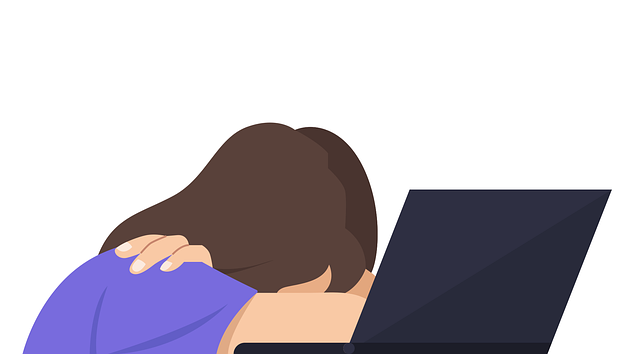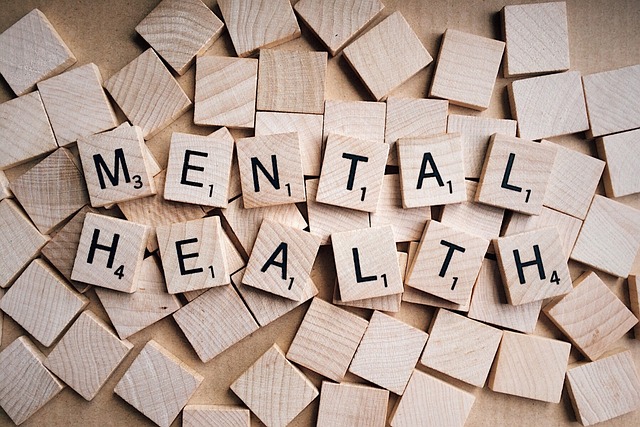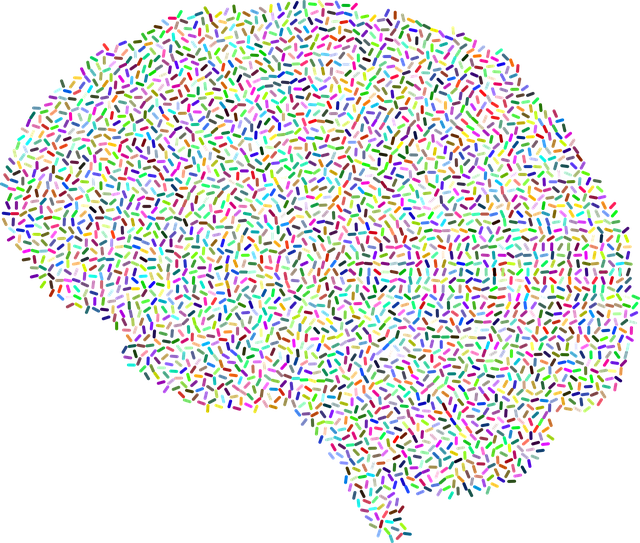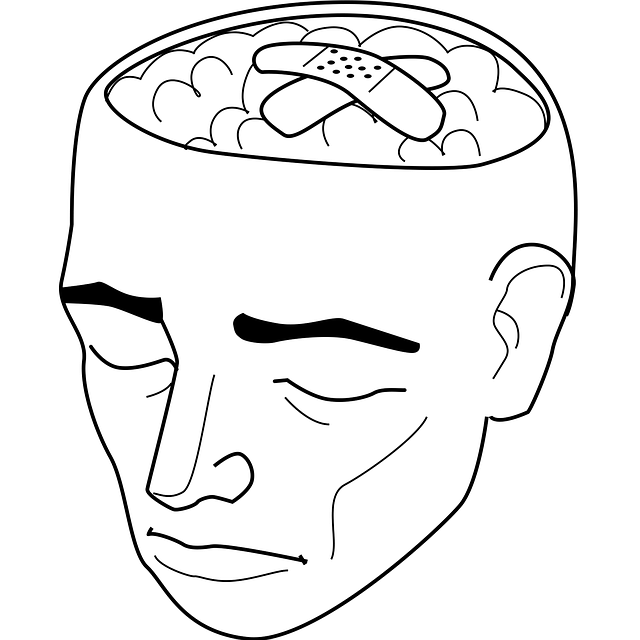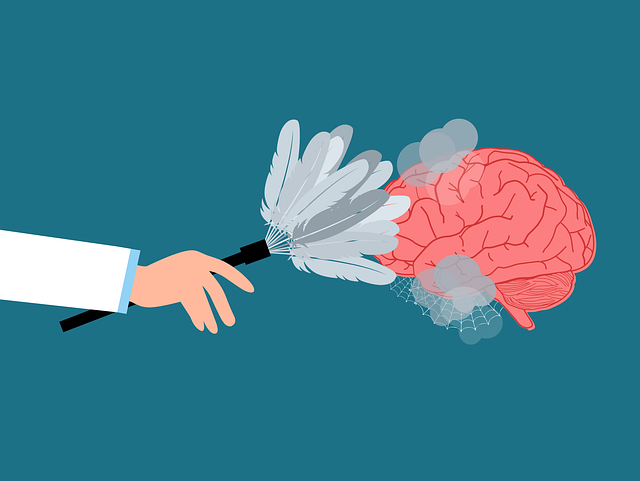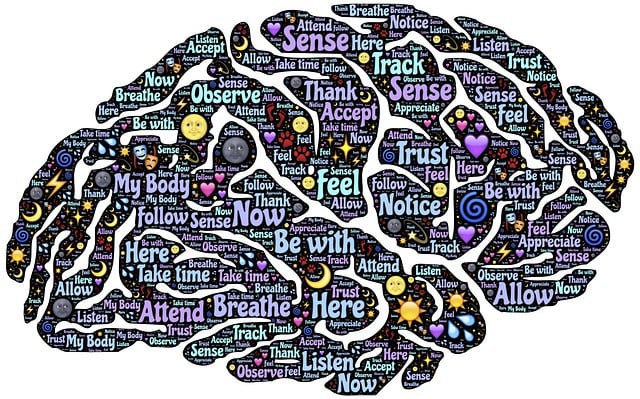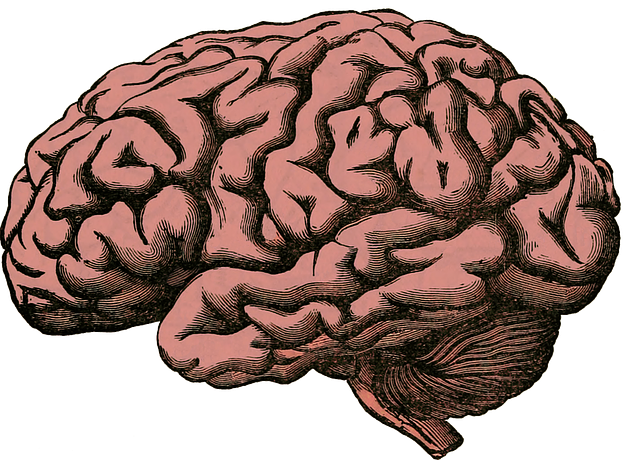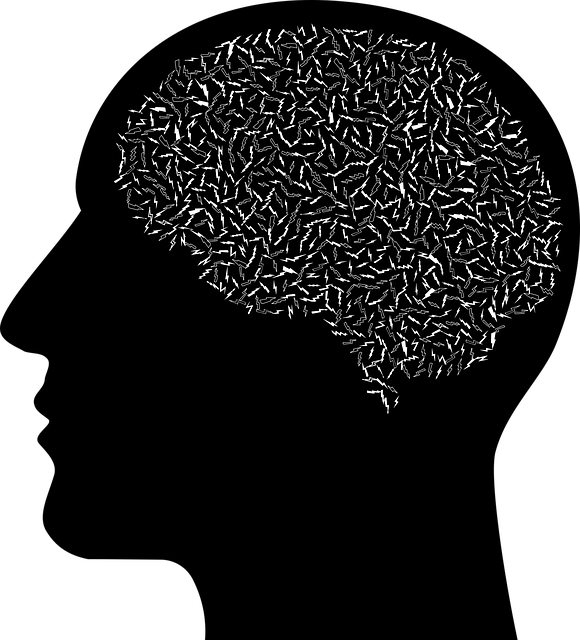Mental wellness is enhanced through self-assessment tools that integrate Golden Cognitive Behavioral Therapy (CBT), targeting negative thought patterns and behaviors. These accessible digital resources, catering to diverse needs in the modern world, improve self-awareness and facilitate positive change. By combining CBT with user-friendly designs, these tools empower individuals to proactively manage anxiety, mood disorders, and stress, ultimately fostering better overall well-being.
Mental wellness self-assessment tools play a pivotal role in personal growth and development. This article delves into the creation of these evaluative mechanisms, focusing on the integration of Golden Cognitive Behavioral Therapy (CBT) techniques. We explore how CBT can enhance self-evaluation, promoting mental health awareness and strategic planning for personal growth. By understanding the nuances of mental wellness, we can develop effective assessment tools that foster positive change, making self-help resources more impactful.
- Understanding Mental Wellness and Self-Assessment Tools
- The Role of Cognitive Behavioral Therapy (CBT) in Self-Evaluation
- Developing Effective Assessment Tools for Personal Growth
- Integrating CBT Techniques into Self-Help Resources
Understanding Mental Wellness and Self-Assessment Tools

Mental wellness is a holistic concept encompassing emotional, psychological, and social well-being. It involves understanding and managing one’s thoughts, feelings, and behaviors to lead a fulfilling life. Self-assessment tools play a pivotal role in this journey by providing individuals with a means to evaluate their mental health status, identify areas of concern, and track progress over time. These tools are designed to be accessible, user-friendly, and often employ evidence-based practices such as Cognitive Behavioral Therapy (CBT) techniques to promote positive changes.
By integrating principles from CBT, anxiety relief, mood management, and conflict resolution techniques, self-assessment tools offer personalized guidance tailored to individual needs. They can help users recognize negative thought patterns, develop coping strategies, and foster resilience in navigating life’s challenges. Through regular use, these tools empower individuals to take proactive steps towards enhancing their mental wellness, ultimately contributing to improved overall well-being.
The Role of Cognitive Behavioral Therapy (CBT) in Self-Evaluation

Cognitive Behavioral Therapy (CBT) plays a pivotal role in the development of self-assessment tools for mental wellness. This golden therapy focuses on identifying and changing negative thought patterns and behaviors, empowering individuals to take control of their mental health. CBT techniques are highly effective in evaluating and managing mood disorders, anxiety, and other common mental health challenges. By teaching individuals to recognize cognitive distortions and replace them with more realistic and positive thoughts, CBT fosters a sense of self-awareness and resilience.
Incorporating cultural sensitivity in mental healthcare practice is essential when using CBT for self-evaluation. Understanding the unique cultural contexts and beliefs of individuals ensures that therapy remains effective and accessible. Mind over matter principles, where one’s mindset influences their physical and emotional state, are also integral to CBT practices. This approach encourages self-reflection and helps individuals gain insight into how they perceive and interpret different situations, ultimately leading to improved mood management and overall mental wellness.
Developing Effective Assessment Tools for Personal Growth

Developing effective mental wellness self-assessment tools is a crucial step in empowering individuals to take charge of their personal growth and well-being. These tools, often based on evidence-based practices such as Golden Cognitive Behavioral Therapy (CBT), can play a pivotal role in enhancing self-awareness and promoting positive change. By integrating techniques from CBT and other therapeutic modalities, these assessments provide users with valuable insights into their thoughts, emotions, and behaviors, enabling them to identify areas of improvement and develop tailored strategies for personal growth.
In today’s digital age, there is an increasing demand for accessible and user-friendly mental wellness resources, leading to the development of innovative tools that cater to diverse needs. An effective self-assessment can be a game-changer, especially when it comes to early intervention and prevention. For instance, a well-designed online platform or app can offer interactive modules, quizzes, and personalized feedback, fostering a sense of engagement and motivation for users seeking anxiety relief or exploring their mental wellness journey. Moreover, integrating cultural competency training elements ensures that these tools resonate with individuals from various backgrounds, making them more inclusive and effective in reaching a broader audience through mental wellness podcast series production and beyond.
Integrating CBT Techniques into Self-Help Resources

Integrating Cognitive Behavioral Therapy (CBT) techniques into self-help resources has emerged as a powerful strategy to promote mental wellness. CBT, recognized as the Golden Standard in therapy for its effectiveness and evidence-based approach, focuses on identifying and changing negative thought patterns and behaviors. By incorporating these principles into user-friendly digital tools, individuals can gain access to essential coping mechanisms and support for their mental health. These resources cater to a wide range of users, from those seeking burnout prevention strategies to individuals looking for effective stress reduction methods.
The integration process involves designing interactive modules that encourage self-reflection and skill-building. Users engage with exercises such as thought recording, cognitive restructuring, and behavioral activation, which are core elements of CBT. Such tools not only empower individuals to take charge of their mental health but also complement existing Mental Health Policy Analysis and Advocacy efforts by providing accessible interventions for the general public.
In conclusion, the development of mental wellness self-assessment tools is a crucial step towards empowering individuals to take charge of their emotional well-being. By integrating cognitive behavioral therapy (CBT) techniques and understanding the intricacies of mental health, these tools offer personalized growth opportunities. The article has explored various aspects, from defining mental wellness to the effectiveness of CBT in self-evaluation. As we navigate the digital age, accessible and innovative resources, inspired by the golden principles of CBT, can significantly enhance mental resilience and overall well-being.

